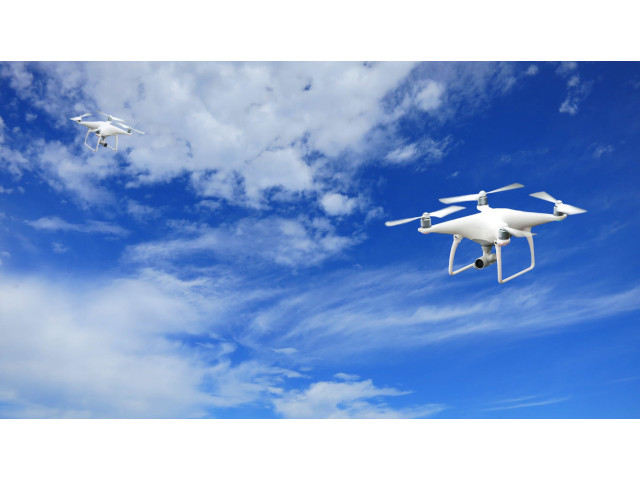There’s no question that drones are going to change the way that people live and businesses work. These light flying devices have already been trialled for delivering vehicle parts to service technicians, and online shopping items to customers. According to the Federal Aviation Administration (FAA), 2.85 million small drones could fill the sky by 2022 and 450 000 of them will be used for commercial purposes.
“Drones are shaping the way business is done across a variety of sectors,” explains Vera Nagtegaal, executive head of online comparison website Hippo.co.za. “The insurance industry is no exception to this, with some insurance companies having already started to use drones to assess damages and claims.”
Nagtegaal points out that insurers have already been experimenting with drones – or unmanned aerial vehicles (UAVs) – for about five years.
“In the United States, for example, the FAA loosened regulations on drones used commercially and, as a result, many insurers started using them as a way to assist in building risk profiles and assessing claims.”
In South Africa, Old Mutual iWYZE passed the operational audit and demonstration flights required by the South African Civil Aviation Authority (SACAA) and is now in the process of obtaining its remotely piloted aircraft licence. Once complete, the drones will be used in the assessment of car accidents.
“Drones are also extremely helpful for property insurance assessments in hard-to-reach places like roofs, as well as large structures like warehouses, office buildings or commercial boilers, which can be several stories high,” says Nagtegaal.
“They can also assist with inspections of damage in the wake of disasters like earthquakes or flooding.”
She adds that, previously, these types of inspections or assessments required scaffolding to be built, risky constructions to be scaled, or larger aircraft to be chartered. “Drones, however, do away with all of these requirements.”
Drones are cheaper to use, they can travel faster and they are able to access unsafe areas unlike insurance assessors, who for instance are unable to visit hazardous sites after a disaster has occurred.
“Drones cut costs and time spent on inspections, allowing insurers to utilise resources more effectively. This ultimately has a benefit to the end consumer with their claims being processed more efficiently,” says Nagtegaal.
Insurance fraud can also be limited if drones are employed effectively. Insurers will be able to capture aerial images of properties when policies are taken out, and these can be compared to drone camera images after any damage has occurred. In doing so, this ensures that policyholders do not claim for existing damage to property.
“As with any advancement in insurance, the introduction of drones will serve to reduce false claims and expedite claims processes, which will contribute to the long-term efficiency and cost-effectiveness of the industry,” says Nagtegaal.
“While the costs of establishing a functional drone service will be borne by insurance companies, this is the price of progress,” she says. “I do believe that this benefit everyone in the insurance value chain, including the employees who no longer have to place themselves in dangerous situations to assess damages.”





